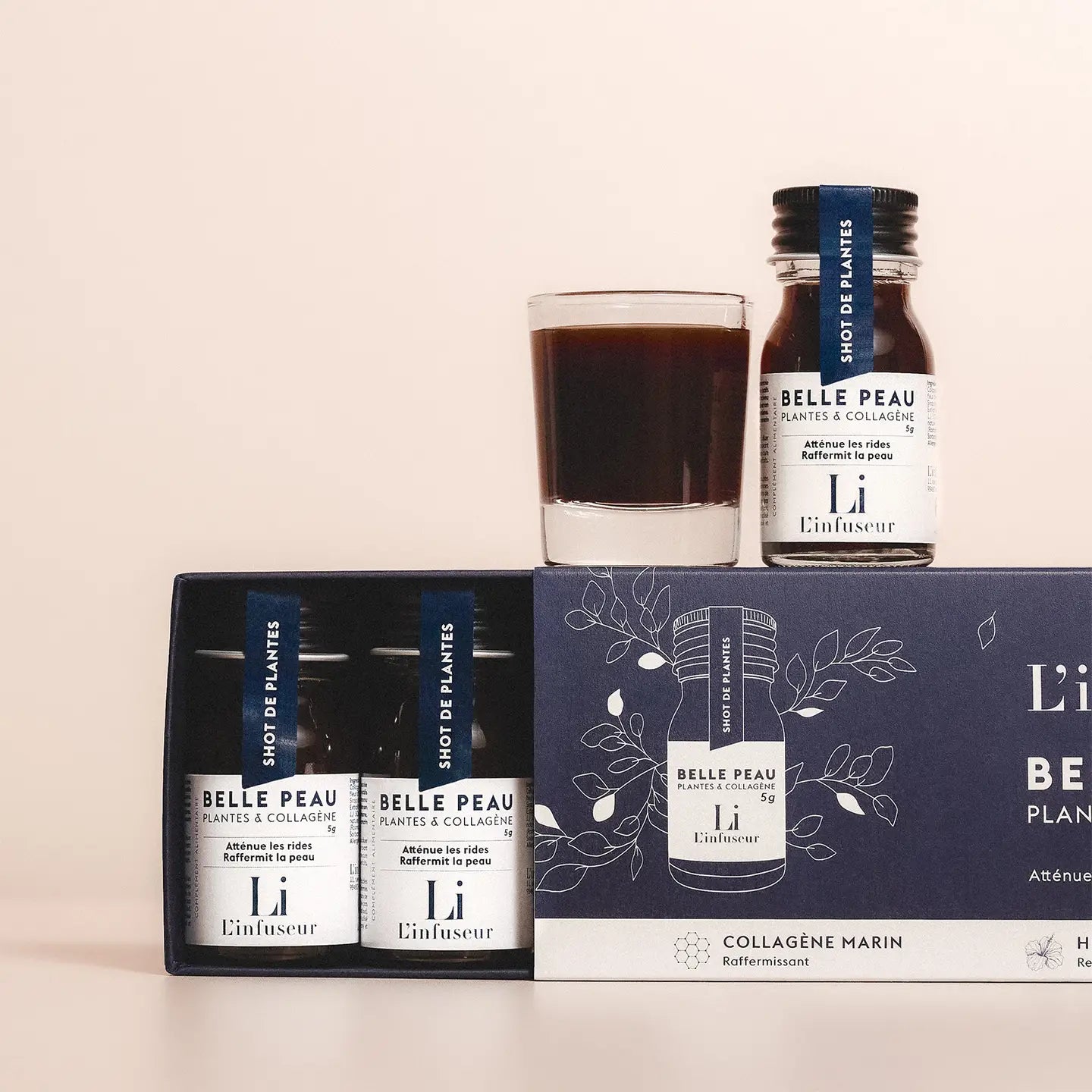Sea salt has long been used to relieve rheumatic pain, muscle cramps and back pain. It is used for its richness in bioavailable magnesium, which gives it its ability to relax muscles or when we feel nervous or exhausted. By osmosis, the active ingredients of the salt which pass through the skin have an anti-inflammatory and analgesic action. In the hot water of the bath, the salt releases its magnesium into the water, allowing it to penetrate into the heart of the cells. This is how it brings well-being and relaxation. Used in a bath or as an exfoliant, it revitalizes and energizes the skin. ? A sea salt bath is also indicated in cases of psoriasis, neurodermatitis or eczema.
Salt preserves tissue elasticity
Our body contains up to 75% salt water and salt is essential for health:
- it regulates the balance of body fluids and metabolism,
- it preserves the elasticity of the tissues
- it contributes to the proper functioning of muscles and nerves.
So you have plenty of good reasons to take a dip in sea salt.
The difference between sea salt and Epsom salt
Located on the borders of Jordan, Israel and Palestine, the Dead Sea is the saltiest sea on our planet. Fed by the Jordan River, it has benefited for millennia from the effects of the sun's rays, thus concentrating salts and minerals in its water. As a result, the Dead Sea is 10 times saltier than the Mediterranean Sea and contains 3 times more sodium, 30 times more magnesium, 16 times more potassium and 36 times more calcium than the Mediterranean Sea. The best known sea salt is, of course, that of the Dead Sea which contains no less than twenty-two minerals and is the salt used by therapists. It is therefore used in the cases mentioned above.
The origin of Epsom salt dates back to the 17th century, when people came to drink the waters of Epsom which was the first spa in England. These waters, rich in minerals, were essentially known as a purgative. We did not yet know the antiseptic and fortifying qualities, but we understood that, in some way, they were beneficial to health and promoted longevity. Subsequently, we discovered through different uses and experiments that Epsom salt could also be used to prevent sclerosis, kidney problems, rheumatism and also overweight. It is now more frequently used externally in a hot bath to eliminate toxins and alleviate certain pains due to dysregulation of acidity levels in the body. A good bath is therefore very beneficial in the recovery process following physical exertion!
Nowadays, it is obtained from natural minerals, coming from underground deposits. Purification is then carried out by a physical process followed by recrystallization. Epsom salt has antiseptic properties that accelerate healing, in addition to restoring tired muscles and promoting general relaxation.
To get quality sea salt click on this link https://massopronline.com/product/sel-de-mer-1-kilo/
GOOD BATH!









